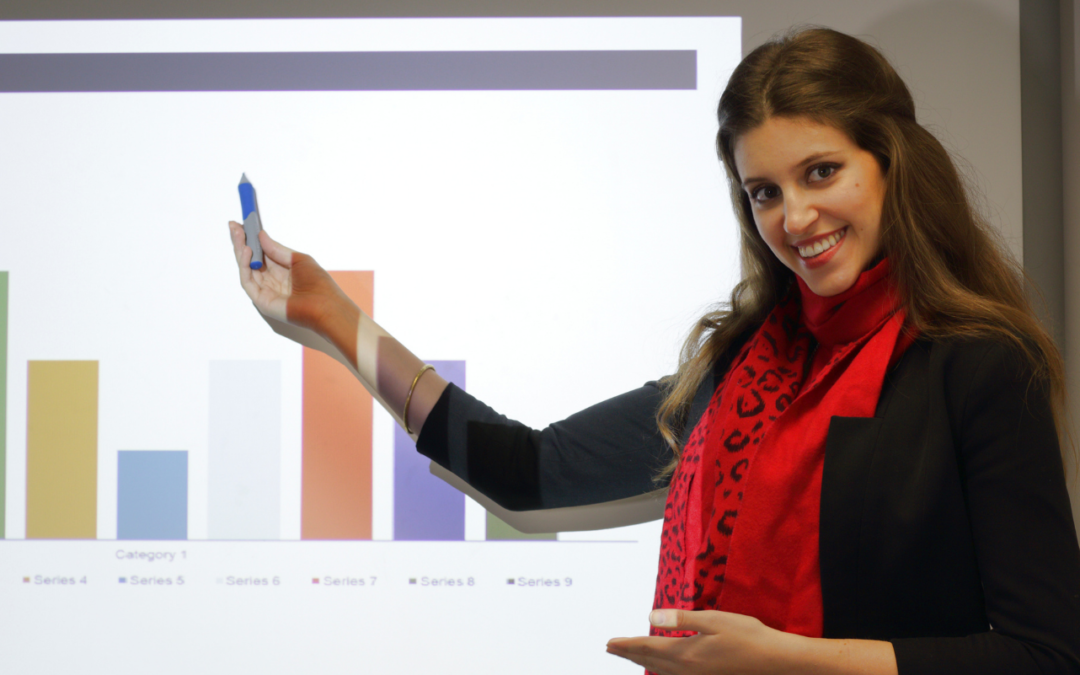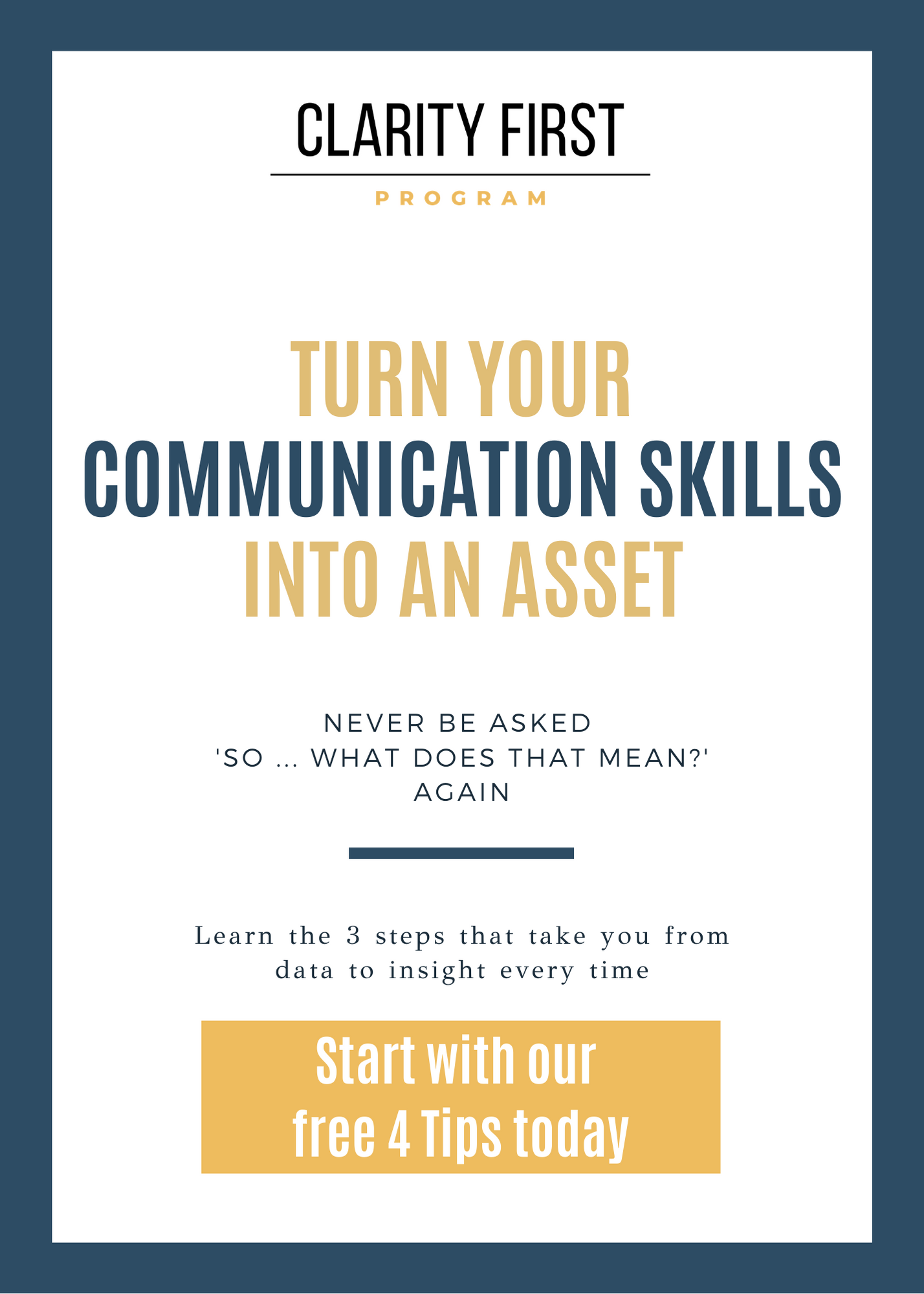Love or hate Jeff Bezos, he has had some very very good ideas when it comes to decision making communication.
I was talking about one of these with a client earlier this week. Given she liked the ideas and planned to implement them, I thought I'd share them with you also.
The most prominent idea relates to avoiding PowerPoint in favour of tightly crafted prose narratives to maximise quality decision making. Let me explain the two key ideas my client found so useful.
Avoid PowerPoint presentations. In relying on Edward Tufte's work on visualising information, ‘Jeff' decided to ban PowerPoint for reasons that seem sound to me.
- Preparing decks is hard to do it well, and he questioned the value of spending lots of time fussing over lining up boxes and making ‘pretty slides' versus thinking hard about the ideas to convey.
- Presenting is a slow way to convey ideas. According to Tufte, we can absorb information three times faster by reading than by listening to a presentation.
- Great presenters can ‘wallpaper over' cracks in their logic with their energy and charisma, leading to poor decisions.
Here's what they do instead.
Rely on short, tightly crafted prose narratives instead. They don't insist on any particular way of writing these, just that they be short and effective in setting up a great discussion. Their use in meetings is, however, prescribed as follows. The papers are
- Read during the meeting. This has at least two few benefits: everyone actually reads the papers and the quality of the thinking is better because of the extra focus paid to them.
- Designed to be a ‘goldilocks length' that takes about a third of the meeting to read. They suggest 3 pages for a 30 minute meeting and 6 for a one-hour meeting on the assumption that the typical exec takes about 3 minutes to read a page. Interestingly, apparently Jeff Bezos is always the last to finish reading as he critiques every single sentence by asking: what if that were false?
- Reviewed in advance to ensure they deserve their place in the meeting.
I hope that provides some useful food for thought.
Kind regards,
Davina
PS – I am curious to see what tools your organisations use.
If you click the relevant link below, I'll see the tally and can factor this into my program design for you.
In my organisation, decision making papers are …
When you click the link it will take you to a post on my website that offers some ideas on different ways to think about communication.
I'll let you know the results next week.
Registrations Open:
Thinking Skills Workshop
May 27th
Moving away from PowerPoint shines a light on the need to craft a really crisp narrative.
We can no longer hide or ad lib: we must think hard to connect the dots between our ideas no matter how complex the material.
Learn the foundational skills for untangling complex ideas so you can move from delivering ‘information' to conveying insightful, high-quality messages that are easily understood.


